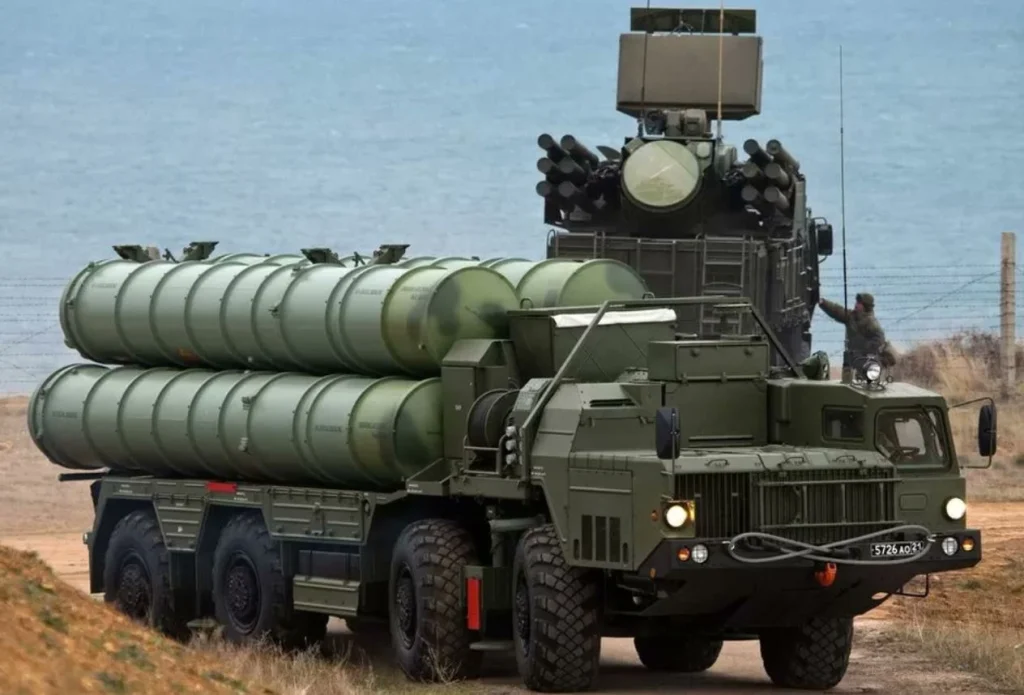One night, while over 1.7 billion people across India and Pakistan were asleep, India quietly carried out a calculated strike named Operation Sindoor. This action was a direct military response to the Pahalgam attack, where terrorists opened fire on civilians. But it also marked a new chapter in modern warfare, showing India’s capability in high-tech military operations.

A Clear Message Through Technology
Operation Sindoor served as a declaration that India is now a country that builds and deploys advanced defence systems. Through initiatives like Make in India and growing defence-tech startups, India has developed strong in-house capabilities in modern warfare tools. The mission reflected the progress made by local companies and innovation hubs in defence production.
Precision Attacks Backed by Indian Innovations
Rafale fighter jets launched SCALP cruise missiles and Hammer bombs with high precision. Their effectiveness was supported by Indian-developed technologies such as AI-powered mapping, encrypted communication systems, and terrain data processing. These systems were created by Indian startups and DRDO-supported tech ventures. For instance, night vision and imaging systems used by the army include products from a Bengaluru-based startup, while drones developed by an IIT Bombay startup are regularly used in operations.
Startups Strengthening the Military Ecosystem
Across India, startups are providing the army with advanced tools like anti-drone radars, RF jammers, and AI surveillance networks. A Chennai-based startup is developing a top-tier anti-drone system that can track and destroy enemy drones. Another company, in collaboration with DRDO, has built laser-based drone defence systems. These technologies were entirely developed in India, many with original IP.
India’s Defence Innovation Hubs at Work
In cities like Delhi, Hyderabad, Bengaluru, and Chennai, defence-tech startups have been quietly working on battlefield technologies for years. Their labs and test fields are producing tools now used during active missions. These efforts have increased India’s ability to respond quickly and effectively to external threats.
Government Support Through iDEX Program
To support this innovation wave, the Defence Ministry has allocated ₹1,500 crore to the iDEX (Innovation for Defence Excellence) program. Over 100 startups have already received funding. This support extends beyond traditional weapons to areas like AI, cybersecurity, GIS mapping, and advanced hardware manufacturing.
India’s Defence Progress Gaining Global Attention
The success of Operation Sindoor has drawn attention to the strength of India’s defence technology ecosystem. The mission demonstrated how well India can integrate innovation, strategy, and execution. The world is now recognizing India as a serious player in modern defence production.
Future Wars Depend on Smart Technology
Modern warfare is shifting toward cyber tools, intelligent drones, and real-time data systems. India’s strength in engineering, coding, and hardware development will drive the next stage of defence preparedness. With minds working from Kochi to Pune to Delhi, India’s defence-tech startups are now key players in national security.
